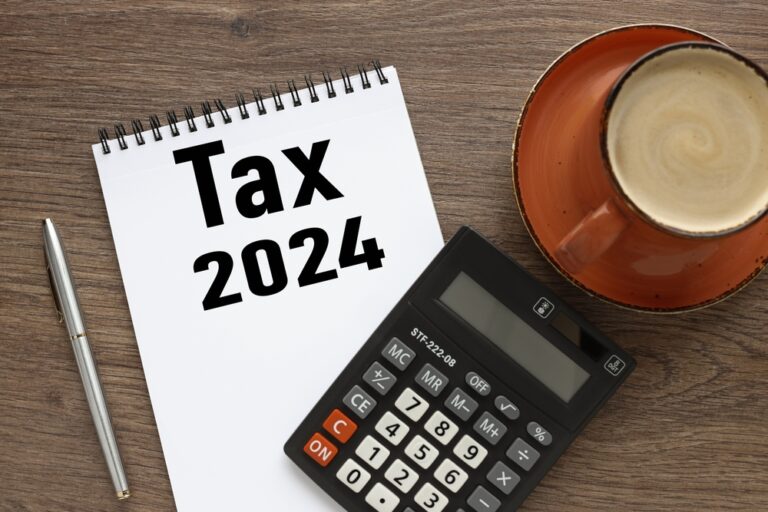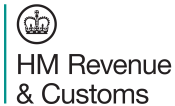Is a NEST Pension Right for You?
 > Resources
>
Newsletter
> Resources
>
Newsletter
There are lots of positives in relation to NEST pensions, but that does not mean it is the best option for you.
There are also some significant negatives. Whether NEST is a good option for you depends on your personal circumstance!
So, what are some of the positives?
- – free to set up
- – low cost for small pensions
- – backed by the government
Sounds great? What are some disadvantages to consider?
- – Lower returns and limited investment choice
- – Charges on all new contributions 1.5%
- – Subject to inheritance tax
NEST is a government back default pension scheme and its established combined with the auto-enrolment rules mean many millions have a private pension who would not have anything. This is a great achievement!
If you are taking your retirement planning seriously and lucky or clever enough to have higher earnings then there are probably better options than a NEST pension for you that will likely enable you to achieve a larger pension pot and retirement.
Why is this? Looking at the disadvantages again:
- – Lower returns. If a pension yields for example 3.5% more a year for 20 years it will double. So, the lower growth rate is very important. This could be the difference between a £150k and a £300k pension pot
- – No initial fee may be good in the short term but lower or no contribution charges over the medium to longer term again will save you more money. NEST contributions are always charged at 1.5%. There are no top-up fees with Oasis Wealth when your Pension is above certain levels (currently £120k or £160k depending on plan)
- – Private Pensions are also not subject to Inheritance tax
NEST is great in that it enables lots of lower earners to have some pension additional to their State Pension, who otherwise may have no private pension. Millions have been auto-enrolled in it and this is a good achievement for society!
This does not mean NEST is the best Pension for you!
If you would like to review your Pension choices or discuss other Financial Planning topics, please email Mike Gibbs, Financial Adviser, Oasis Wealth at [email protected] who will be happy to help.
Alternatively speak to your regular accounting manager who can arrange this.
Regulatory Notes
Oasis Accounting is regulated by ICEAW.
Oasis Wealth Management Ltd is an appointed representative of Quilter Financial Services Limited and Quilter Mortgage Planning Limited which are authorised and regulated by the Financial Conduct Authority.
Both Accountants and Financial Advisers are qualified to advise on UK Tax, but only Financial Advisers are able to advise on Investments.
Any pension contributions that are made are not generally accessible until you are aged 55 (increasing to aged 57 from 6 April 2028), there are some exceptions relating to ill health or lower protected pension ages.
The value of pensions and investments and the income they produce can fall as well as rise. You may get back less than you invested.
Information is based on current tax laws enforce as at January 2024. Tax treatment varies according to individual circumstances and is subject to change.
Since 1 April 2023 Corporation tax on Company Profits is 25% for profits above £250k, 19% for profits below £50k. Between these amounts marginal relief is applied, and the tax rate is in between 19% and 25%.
It is the end of the Personal Tax year that is approaching and is on 5 April 2024, your company year end may be different. Financial planning considering both the company and individual tax position should be carried out when considering the best options.





